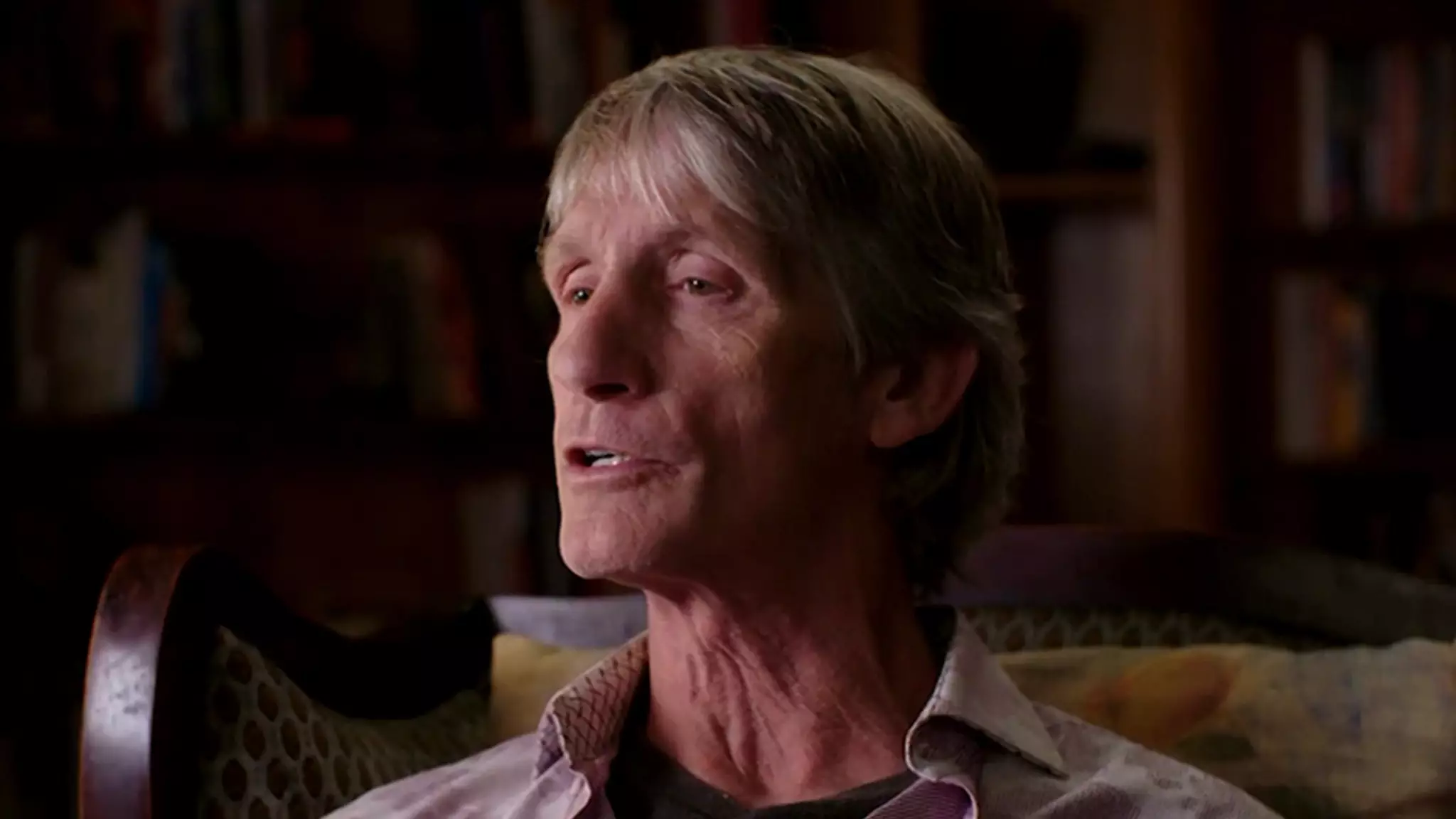The world of professional wrestling is filled with larger-than-life personalities, but the story of the Von Erich family is particularly haunting, marked by triumph and an overwhelming tide of tragedy. Kevin Von Erich’s recent revelations about the final conversations with his brother Kerry dive deep into the emotional chasm that defined their lives. These recollections are not just stories of familial love; they are stark reminders of the urgent need to confront mental health issues within the unforgiving arena of fame and the illusion of invincibility.
Kerry Von Erich’s life was tragically cut short, and the context of his struggle resonates painfully amid a backdrop of familial loss. Kevin’s description of that fateful phone call is heart-wrenching. In a desperate plea, he begged Kerry not to abandon him, a sentiment that illustrates the feelings of despair and isolation that often accompany mental health crises. One has to ponder: could the response from their father, Fritz, be indicative of a generational reluctance to face uncomfortable emotions? The culture surrounding wrestling in that era often rewarded stoicism over vulnerability, a dangerous trade-off.
A Family’s Silent Suffering
The tragedy that befell the Von Erich family is not just about the loss of life; it mirrors the silent battles many families face with addiction, depression, and the inability to communicate openly about one’s struggles. Kevin, in his recounting, showcases a fraternal instinct to protect, yet, it becomes evident that no amount of love could shield Kerry from his demons. The dismissive response received from Fritz further highlights a disturbing reality in families where such problems are often swept under the rug rather than being courageously addressed.
The importance of acknowledging mental health cannot be overstated. The prevailing machismo in professional wrestling often ignores the fact that even the strongest individuals are susceptible to invisible wounds. Kevin’s journey, filled with anguish yet alongside poignant moments of love, underscores the complexities faced by those left behind. He sought help, ultimately making the heroic decision to drive for hours in a frantic attempt to save his brother—only to arrive too late to prevent tragedy. This raises significant questions regarding the accessibility and awareness of mental health resources, both in the wrestling community and beyond.
Wrestling with Grief in the Spotlight
The upcoming documentary, “The Real Iron Claw,” aims to shed light on these issues, bringing to the forefront the raw and grim truth surrounding the Von Erich dynasty. It is essential that we engage with not just the glitz and glamour of professional wrestling, but also its darker realities. It should serve as a catalyst for change in how society approaches not only mental health but also the support structures for those grappling with the effects of grief and loss.
Moreover, Adapting the narrative to include the voices of those who are still impacted by such tragedies may help dismantle the stigmas surrounding mental health. As history repeats itself, the importance of having honest conversations about sorrow and healing becomes clear not just for the wrestling community, but for all of society. Kevin’s willingness to share his story is an act of bravery in itself, igniting a dialogue that could reverberate across generations.
This powerful narrative exemplifies how personal tragedies entwined with the lives of those in the public eye can have profound implications on mental health discussions. It invites us to reflect and take action—not just for ourselves but in advocating for a culture where mental health is recognized, discussed, and treated with the seriousness it deserves.

